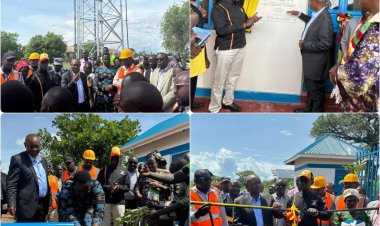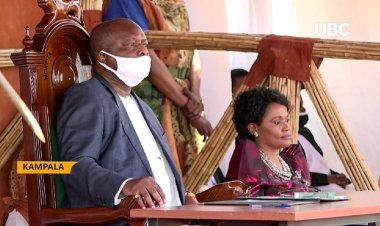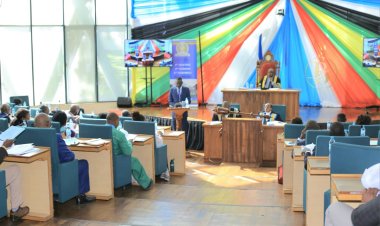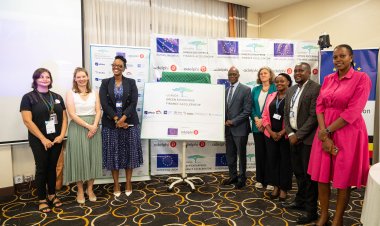How the world Bank Funded Intergovernmental Fiscal Transfer Reform Program / UGIFT has impacted on the Local Governments.

Government has announced the completion of of over 67 seed secondary schools out of 117 schools commissioned for construction in various districts across the country.
This is part of the 988 billion allocation towards improvement of the Quality of education in primary,secondary and tertiary institutions with increment of student budget allocation from 165000 to 180000 shillings per student per year.
This was disclosed by the state minister for micro finance Kyeyune Haruna Kasolo at the review meeting of the world Bank Funded Intergovernmental Fiscal Transfer Reform Program ongoing at Kampala Serena Hotel Kigo that has attracted district representatives from across the country.
The UgIFT program contributes to the Government's Intergovernmental Fiscal Transfer Reform Program (IFTRP), which aims to strengthen the financing of local governments, increasing the overall level of funding and reducing the disparities in funding for service delivery across local governments.
World Bank approved $300 million in additional financing to the programme to Uganda to boost local governments (LGs) service delivery in education, health, water and environment, and micro irrigation, this includes areas hosting large populations of refugees which the minister says has helped Uganda improve services in various sectors in government.

































